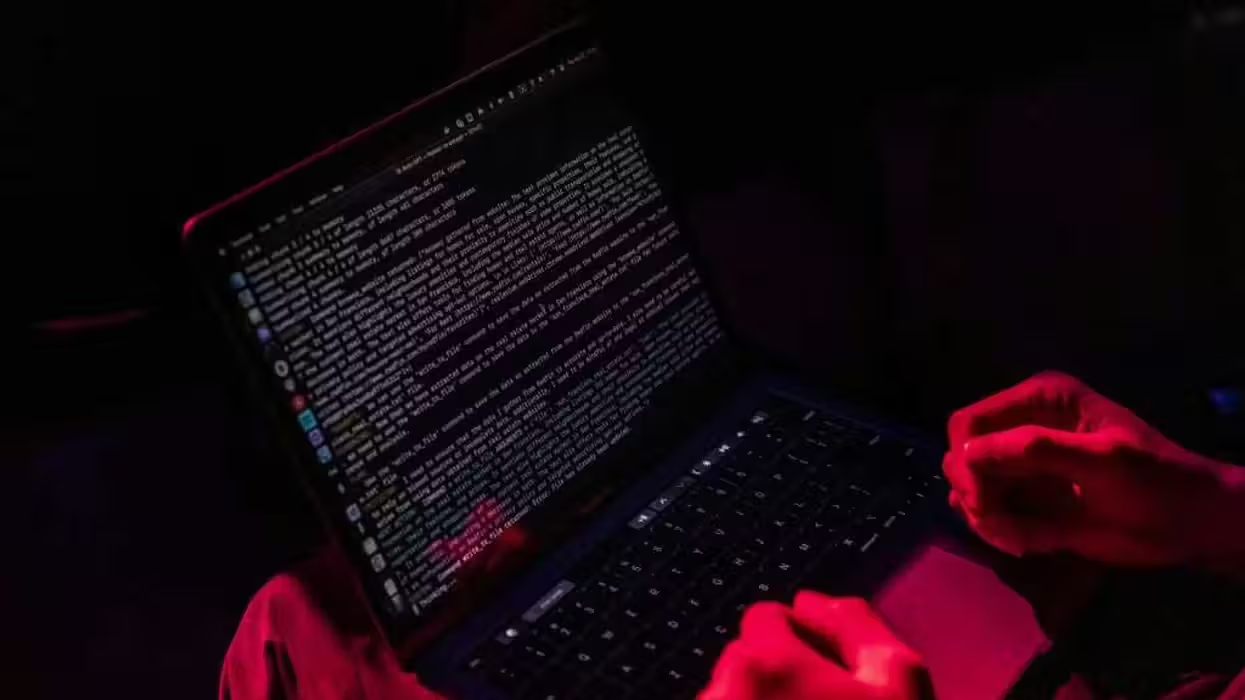
© 2026 Blaze Media LLC. All rights reserved.
New SF Transit Policy Gives Police Permission to Blackout Cellphones in Events of 'Substantial Disruption
December 01, 2011
"...this cell phone interruption policy is to balance free speech rights with legitimate public safety concerns."
OAKLAND, Calif. (The Blaze/AP) -- In August, the agency that oversees the San Francisco area transit system became the first government agency in the nation to block electronic communications in order to quell social unrest. Now, it has approved a policy that authorizes police to turn off wireless communications in train stations, but only for extraordinary threats.
The policy approved unanimously by the Bay Area Rapid Transit Board of Directors limits blackouts to cases in which train passengers, employees or property are threatened or a substantial disruption to train service is possible.
According to the BART website, temporary interruption can be implemented when BART “…determines that there is strong evidence of imminent unlawful activity that threatens the safety of District passengers, employees and other members of the public…”. It provides the following examples: “…evidence of use of cell phones as instrumentalities in explosives; to facilitate violent criminal activity or endanger District passengers…”
Officials crafted the policy after BART was criticized for cutting cellphone and wireless data service in San Francisco subway stations to thwart a planned protest in August. The action led to outcry by free speech activists and motivated a cyber-attack by the hacker collective Anonymous.
“The intent of this cell phone interruption policy is to balance free speech rights with legitimate public safety concerns,” BART Board President Bob Franklin said on the agency's website. “This policy, with input from the Federal Communications Commission, and the American Civil Liberties Union, will serve as a pioneering model for our nation, as a reference to other public agencies that will inevitably face similar dilemmas in the future. “
Want to leave a tip?
We answer to you. Help keep our content free of advertisers and big tech censorship by leaving a tip today.
Want to join the conversation?
Already a subscriber?
more stories
Sign up for the Blaze newsletter
By signing up, you agree to our Privacy Policy and Terms of Use, and agree to receive content that may sometimes include advertisements. You may opt out at any time.
Related Content
© 2026 Blaze Media LLC. All rights reserved.
Get the stories that matter most delivered directly to your inbox.
By signing up, you agree to our Privacy Policy and Terms of Use, and agree to receive content that may sometimes include advertisements. You may opt out at any time.






